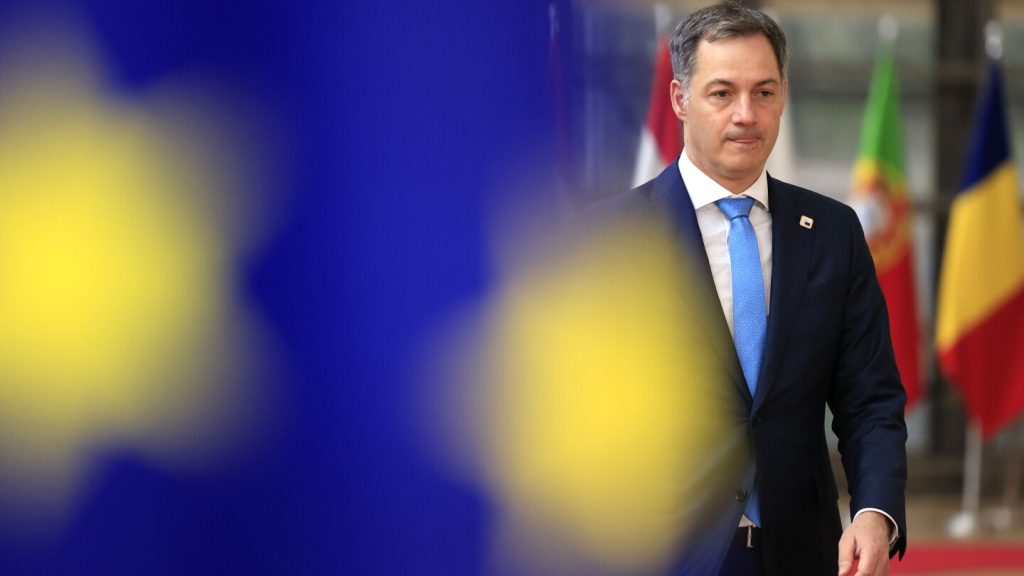Belgian Prime Minister Alexander De Croo has announced an investigation into suspected Russian interference in the upcoming Europe-wide elections in June. The country’s intelligence service has confirmed the existence of a network trying to undermine support for Ukraine. Pro-Russian interference networks have been detected in several European countries, including Belgium. Belgian agencies are collaborating with Czech authorities after uncovering a pro-Russian influence operation, which involved approaching members of the European Parliament and offering money to promote Russian propaganda.
The goal of the Russian interference is to elect more pro-Russian candidates to the European Parliament and reinforce a pro-Russian narrative within the institution. De Croo stated that a weakened European support for Ukraine benefits Russia on the battlefield, which is the true aim of the interference. Recent criminal proceedings against a Latvian EU lawmaker with alleged Russian ties highlight the ongoing concerns about foreign influence in European affairs. EU nations have been providing support to Ukraine, both financially and militarily, since the full-scale invasion by Russia in February 2022.
As the war in Ukraine continues, Russian troops appear to have a slight advantage, making it challenging for EU nations to sustain their support. Countries like Hungary, a close supporter of Putin, have delayed the delivery of funds to Ukraine and are calling for peace talks. The interference in European elections is not new, as U.S. intelligence agencies concluded that Putin ordered hidden campaigns to influence the 2016 and 2020 U.S. elections in favor of certain candidates. De Croo emphasized the need to address these serious concerns and take action both at the national and EU levels to combat Russian interference.
Belgian prosecutors are investigating the recent influence-peddling operation at the European Parliament involving officials from Qatar. While the government of Qatar has denied the allegations, the parliament has stated that it will cooperate with the probe if requested. EU lawmakers have been debating allegations of Russian interference and its potential impact on the upcoming elections. They are expected to adopt a resolution on the matter during their next plenary session in Strasbourg, France. European leaders are urged to counter disinformation, misinformation, and propaganda from hostile actors to prevent the spread of destructive narratives.
The European Parliament President, Roberta Metsola, has warned that the possibility of election interference will test the EU system during the June polls. The rise of disinformation, misinformation, and propaganda from hostile actors poses a threat to the European project. It is crucial for EU leaders to address these challenges and adopt measures to counter foreign interference. De Croo’s announcement of the investigation into Russian interference underscores the importance of protecting the integrity of the European elections and upholding democratic values in the face of external threats.


